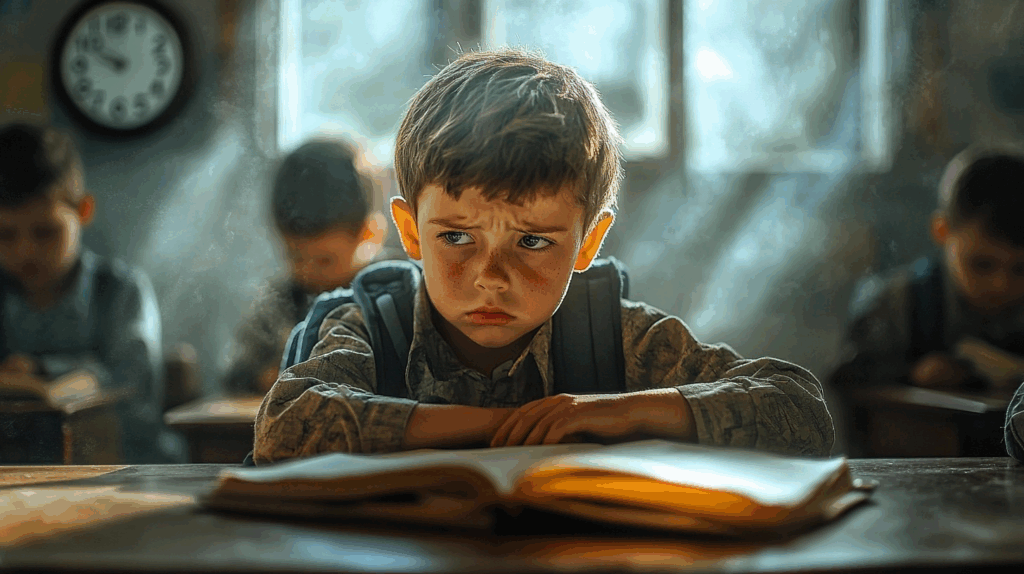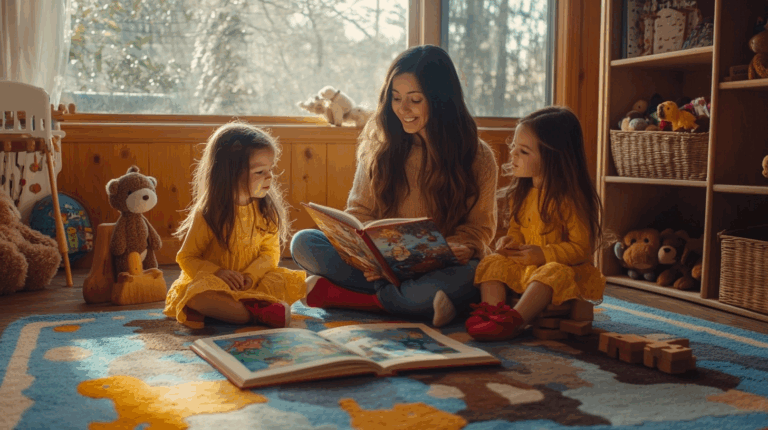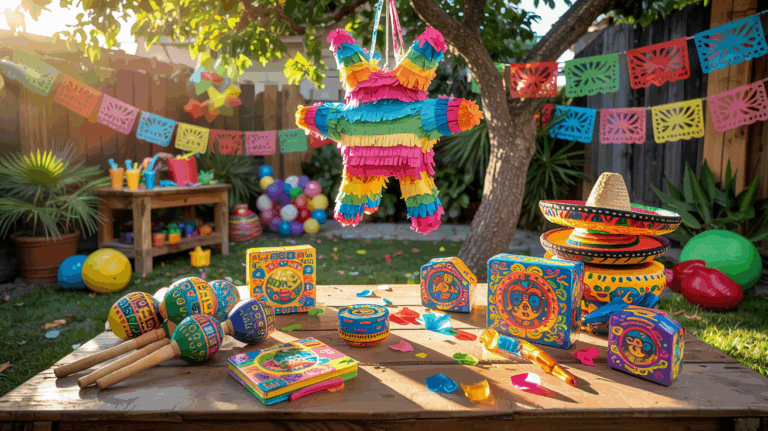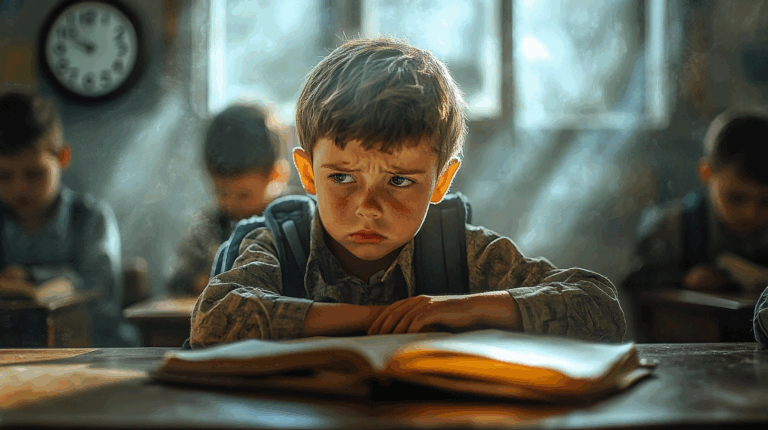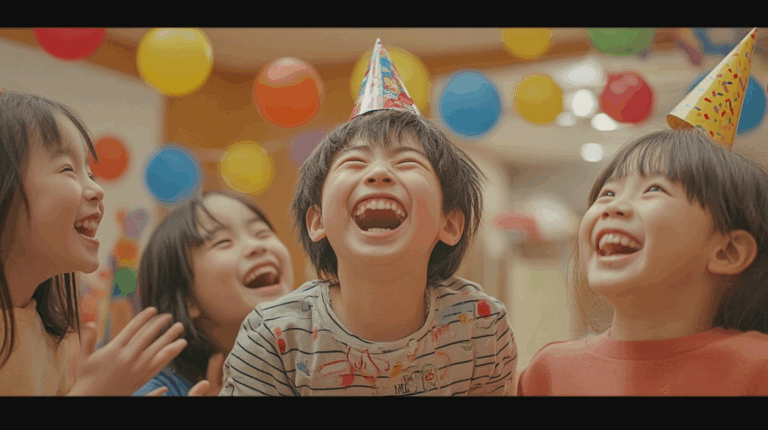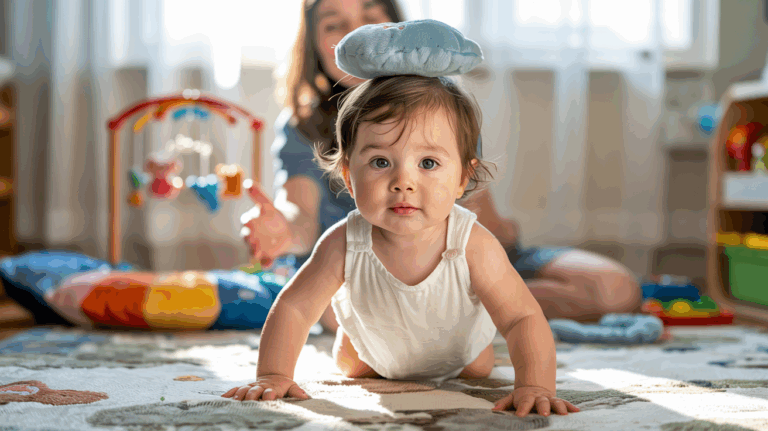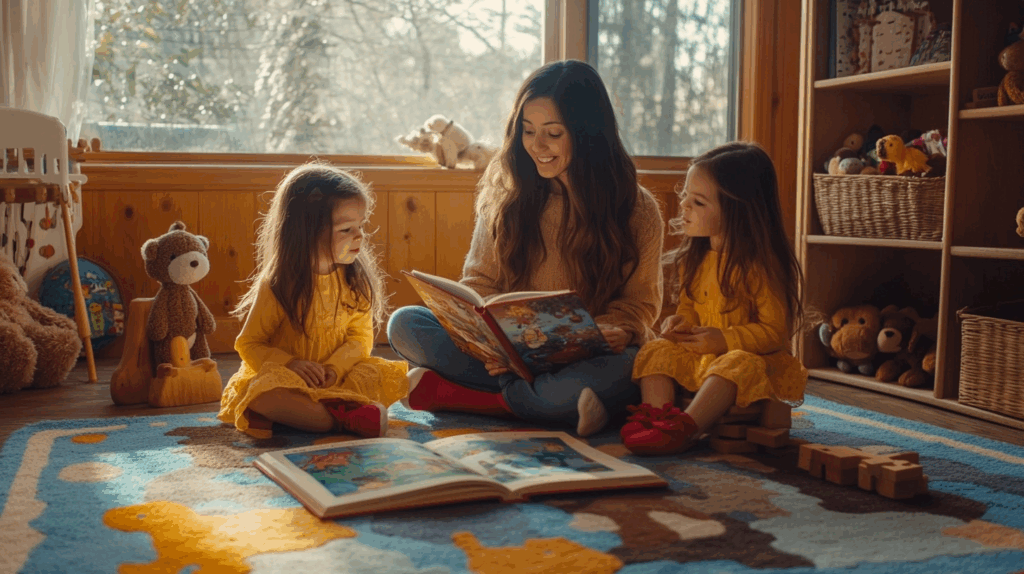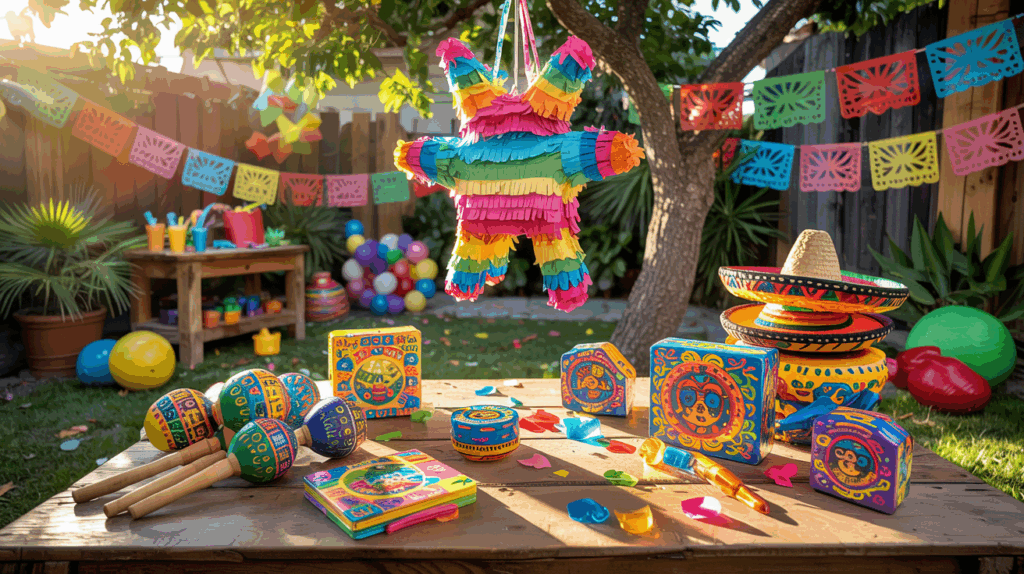Do your kids groan when the alarm rings for school? You’re not alone. Many parents face the daily struggle of getting children excited about education.
Children often dislike school due to boring classes, excessive homework, and feeling confined to one spot for hours.
The problem worsens when learning doesn’t seem relevant to their lives.
Parents want their children to love learning, but many are unsure of how to support them. The right approach can turn a school-hater into an eager student.
This article examines the primary reasons on why do kids hate school and provides practical advice to help them enjoy learning again. Read on to find out how small changes at home can make a big difference in your child’s outlook on education.
The Energy Drain: Why School Feels Exhausting
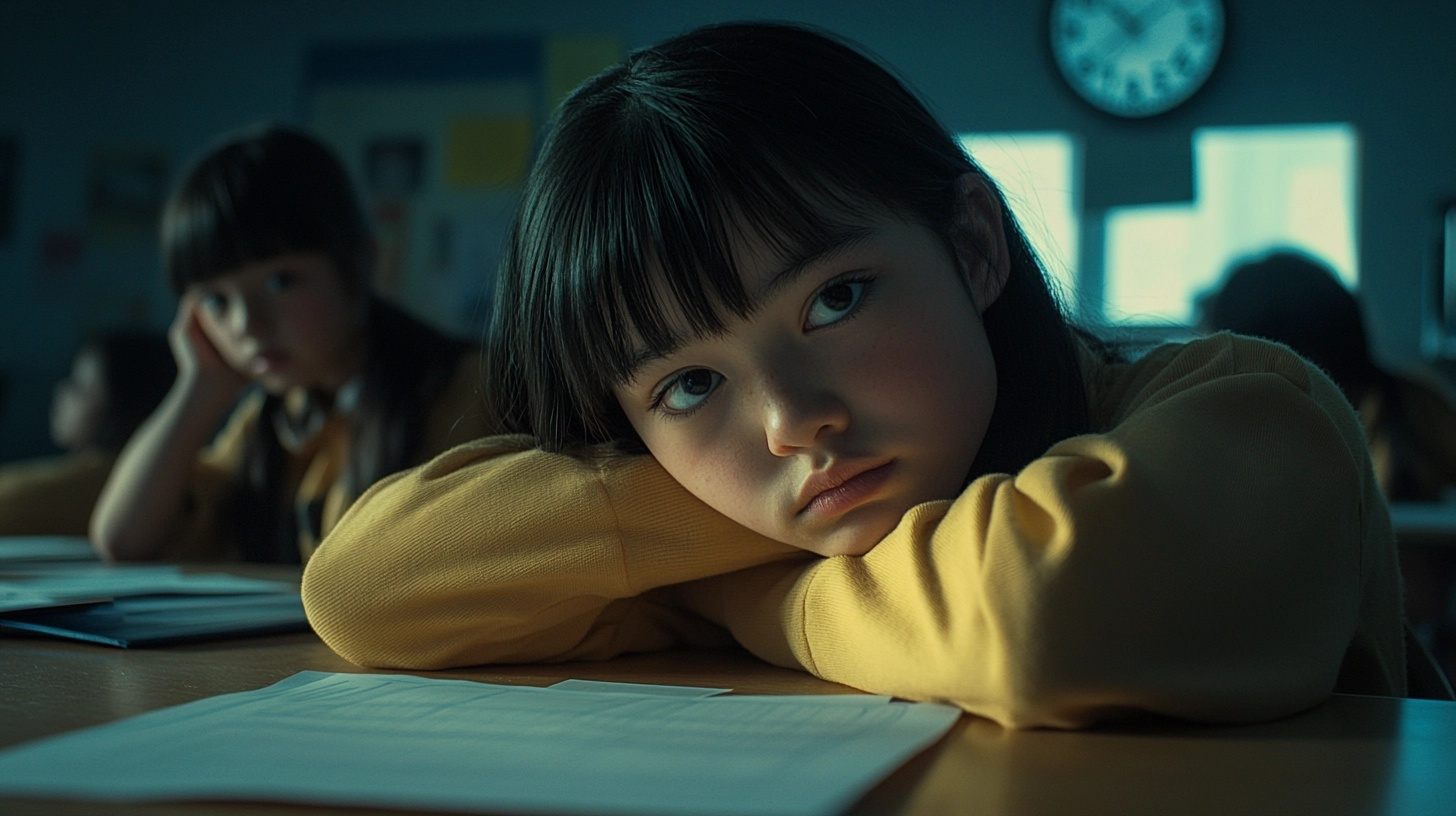
School makes kids tired. The early wake-up calls, long hours sitting, and non-stop lessons drain them completely. Many kids dislike school because it exhausts all their energy. They must stay alert for hours with few breaks. This is tough when you’re young and want to move around.
The constant thinking, writing, and listening make their brains work overtime. By lunchtime, many students feel worn out, but they still have half a day to go.
Additionally, the social aspects also require effort. Making friends, dealing with mean kids, and trying to fit in can be tiring.
This is a significant reason why kids dislike school – they often run out of steam. Their bodies and minds need more rest than school allows.
When kids come home tired day after day, their love for learning slowly fades away.
When Help Isn’t Helpful?
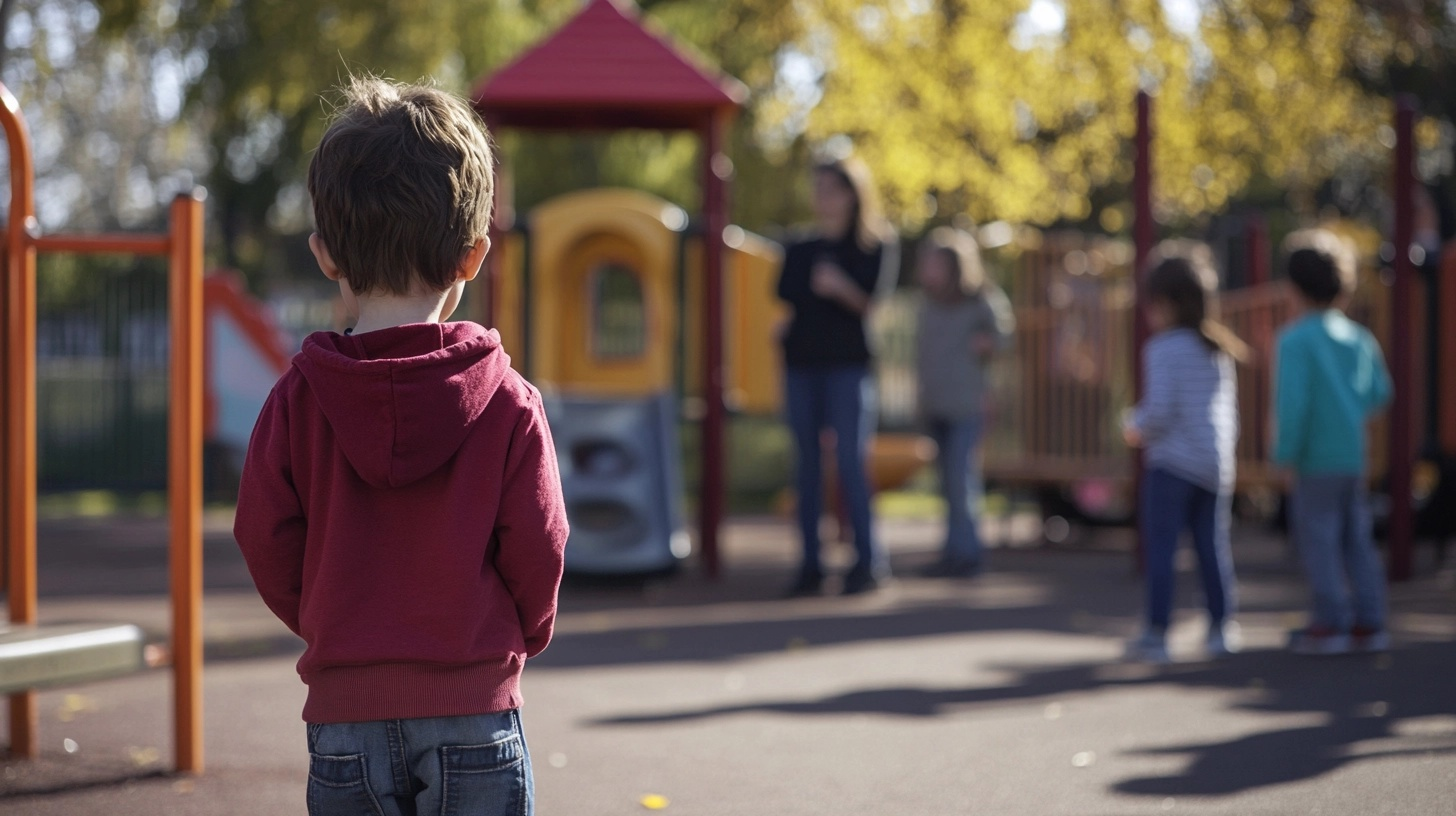
Many kids who struggle in school receive modifications or accommodations intended to support their learning.
However, these well-meaning adjustments don’t always work as intended, leading to frustration and disengagement.
-
One-Size-Does-Not-Fit-All:
Modifications are often standardized and may not address the child’s unique needs or learning style, making the support ineffective. -
Feeling Different or Stigmatized:
When kids receive special treatment, they may feel singled out or “different” from their peers, which can hurt their self-esteem and motivation. -
Lack of Proper Implementation:
Sometimes, teachers or staff are not adequately trained to apply modifications correctly, resulting in inconsistent or inadequate support. -
Over-Reliance on Modifications:
Children may become overly reliant on accommodations without developing essential skills, which can hinder their long-term growth and independence. -
Communication Gaps:
Poor communication between parents, teachers, and students regarding the necessary modifications and their implementation can lead to confusion and frustration. -
Resistance to Change:
Some children resist modifications because they feel it highlights their struggles or because the changes disrupt their routine.
The Hidden Classroom Battle: What Your Child Won’t Tell You
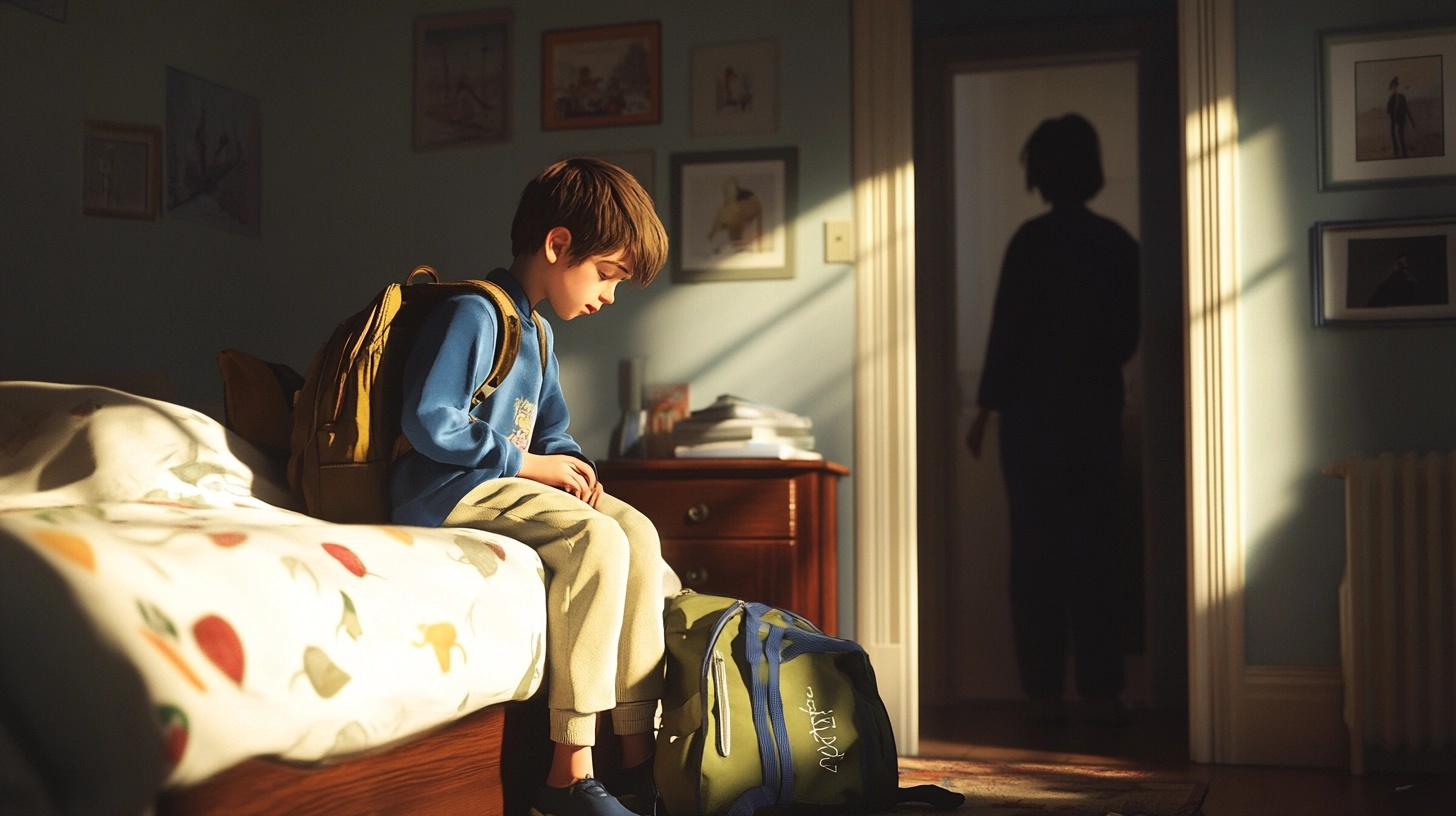
Children face different challenges at each stage of school that they often keep to themselves. These silent struggles help explain why many children resist attending school day after day.
Preschool (Ages 3-5)
For the smallest students, school can be a scary place. They miss Mom and Dad terribly. Sharing toys doesn’t come naturally, yet. Many people struggle with basic skills, such as using scissors or staying seated during story time. Bathroom accidents happen, causing shame and teasing from classmates.
Elementary School (Ages 6-11)
As children grow, so do their problems. Some find reading difficult while others excel, creating feelings of “being dumb.” Math concepts can seem like a foreign language.
The lunch room becomes a social minefield – who will let me sit with them? Physical education class causes stress for kids who aren’t athletic.
Middle School (Ages 11-14)
Bodies change at different rates, causing huge self-consciousness. Friend groups shift constantly, leaving some kids feeling left out. Academic pressure increases with the presence of multiple teachers and increased homework. Comparing oneself with peers continually affects their self-image.
Understanding these age-specific challenges helps parents offer the right support when their child says, “I hate school.”
Social Struggles: Behavior, Bullying, and People Problems
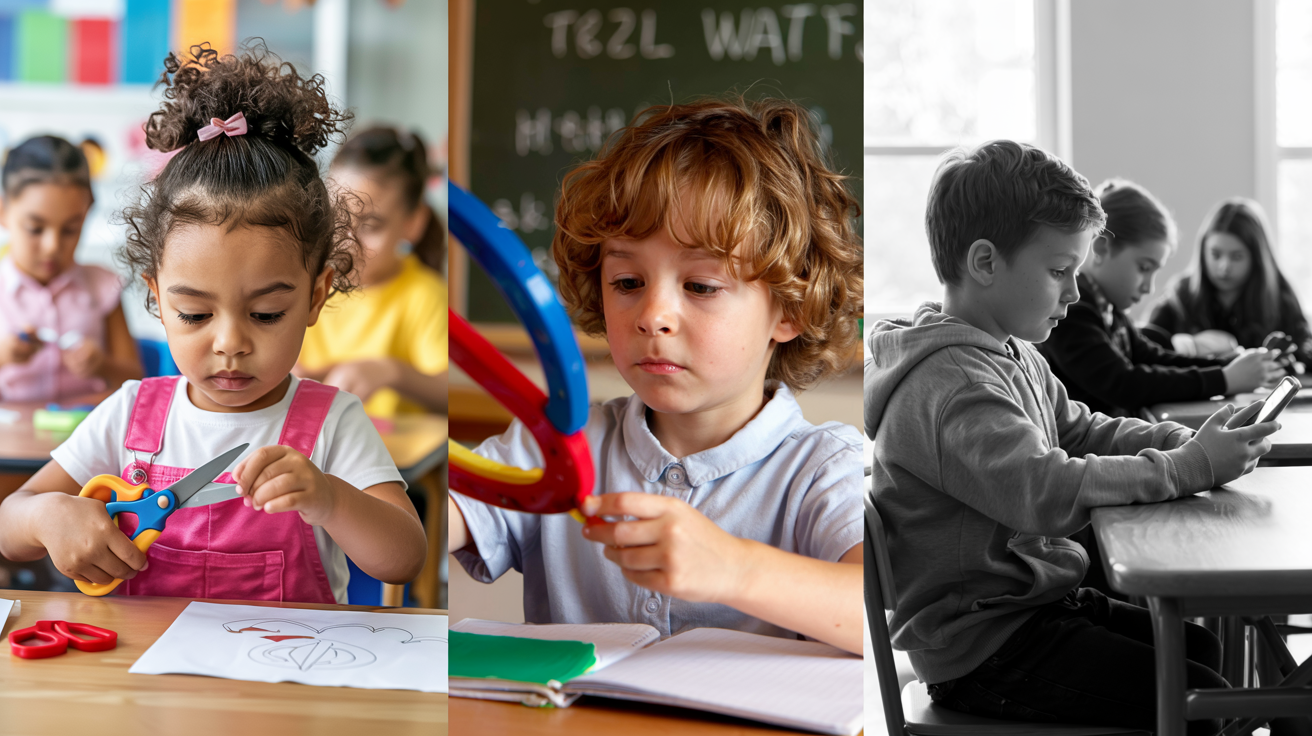
School isn’t just about learning facts; it’s also about developing skills. It’s also a place where kids must handle complex social situations every day. These social parts of school often explain why kids hate school so much.
The classroom is like a small community with its own rules. Some children find these rules hard to follow. They may struggle to sit still, raise their hand, or wait for their turn.
When they break these rules, they get in trouble, which makes school feel like a place of failure.
Facing Bullies and Mean Friends
Bullying remains a serious issue in schools today. A child who faces teasing, name-calling, or physical threats dreads going to school. For them, the classroom becomes a scary place rather than a safe one for learning.
Even without clear bullying, social groups can be tough. Kids form cliques and leave others out. The feeling of not belonging can be particularly developed at a young age.
A child might wonder: “Why try at school when nobody likes me anyway?”
Teacher Relationships Matter
How a student gets along with teachers also affects their school experience. A teacher who seems unfair, too strict, or who doesn’t notice a child’s efforts can turn that student against school.
On the other hand, a kind teacher who shows care can help a student rediscover a love for learning. Many adults still remember the one teacher who believed in them and made school a worthwhile experience.
For parents wondering why their kids dislike school, examining these social factors can be helpful. Discuss your child’s friendships and classroom interactions with them. Sometimes the math isn’t hard; it’s sitting next to the kid who whispers mean things that makes school unbearable.
Small changes in how children handle these social challenges can make school much more pleasant. Teaching kids how to speak up about problems, find good friends, and connect with helpful adults provides them with the tools to enhance their school days.
School Phobia – Scolionophobia
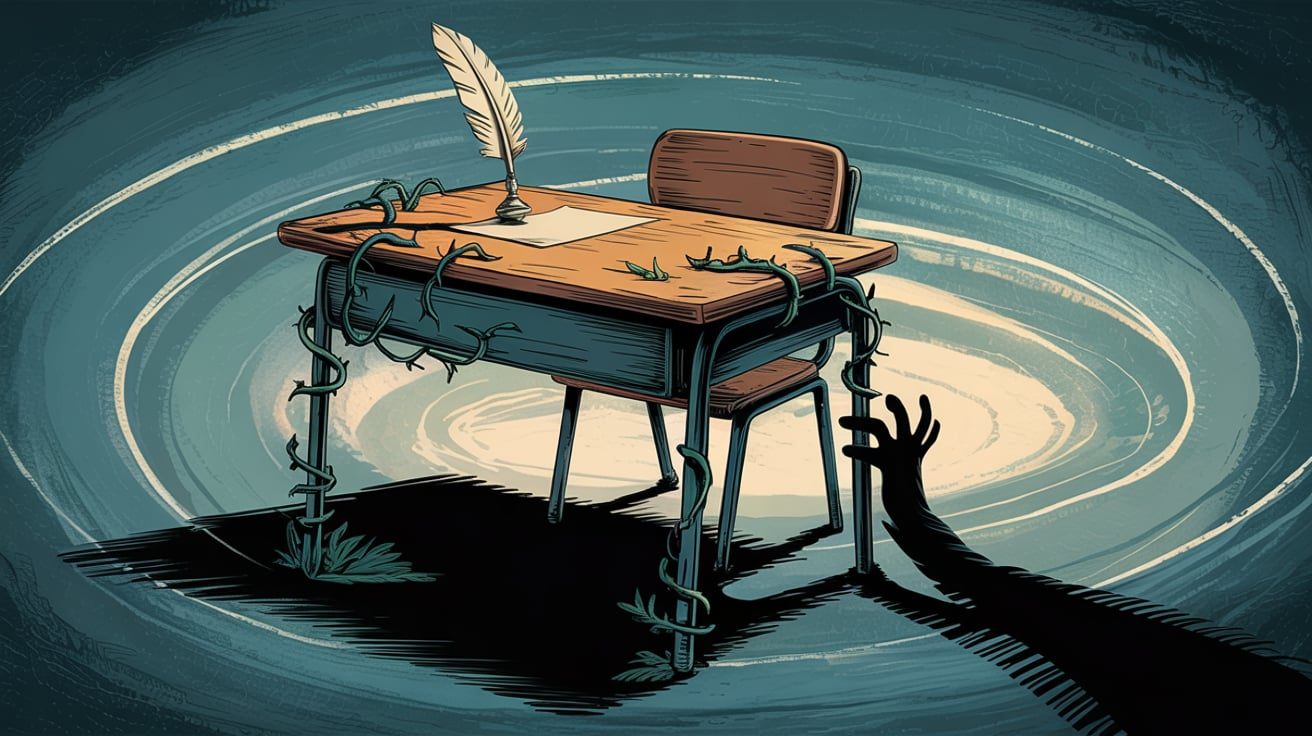
Some kids don’t just dislike school; they fear it extremely. This fear has a name: scolionophobia. It goes beyond normal complaints about homework or boring classes and helps explain why do kids hate school so intensely.
Children with school phobia show real physical symptoms. They might experience stomachaches, headaches, or feel unwell on school mornings.
These feelings aren’t fake; their bodies react to real stress and worry.
Parents often notice that these symptoms magically clear up on weekends or holidays, only to return Sunday night as Monday approaches.
What causes this intense fear? It could stem from negative experiences, such as bullying, academic pressure, or feeling out of place. Sometimes it follows a long break from school, like summer vacation or after an illness. For some kids, the fear is linked to separation from parents. They worry about what might happen while they’re apart.
Treatment often involves collaboration with school staff and, occasionally, therapists. Small steps help build confidence; perhaps starting with shorter school days or having a parent nearby initially.
If your child shows signs of school phobia, take it seriously.
Their fear is real, and understanding this helps explain why do kids hate school with such depth of emotion.
Missing Home: Tight Family Ties and Separation Anxiety
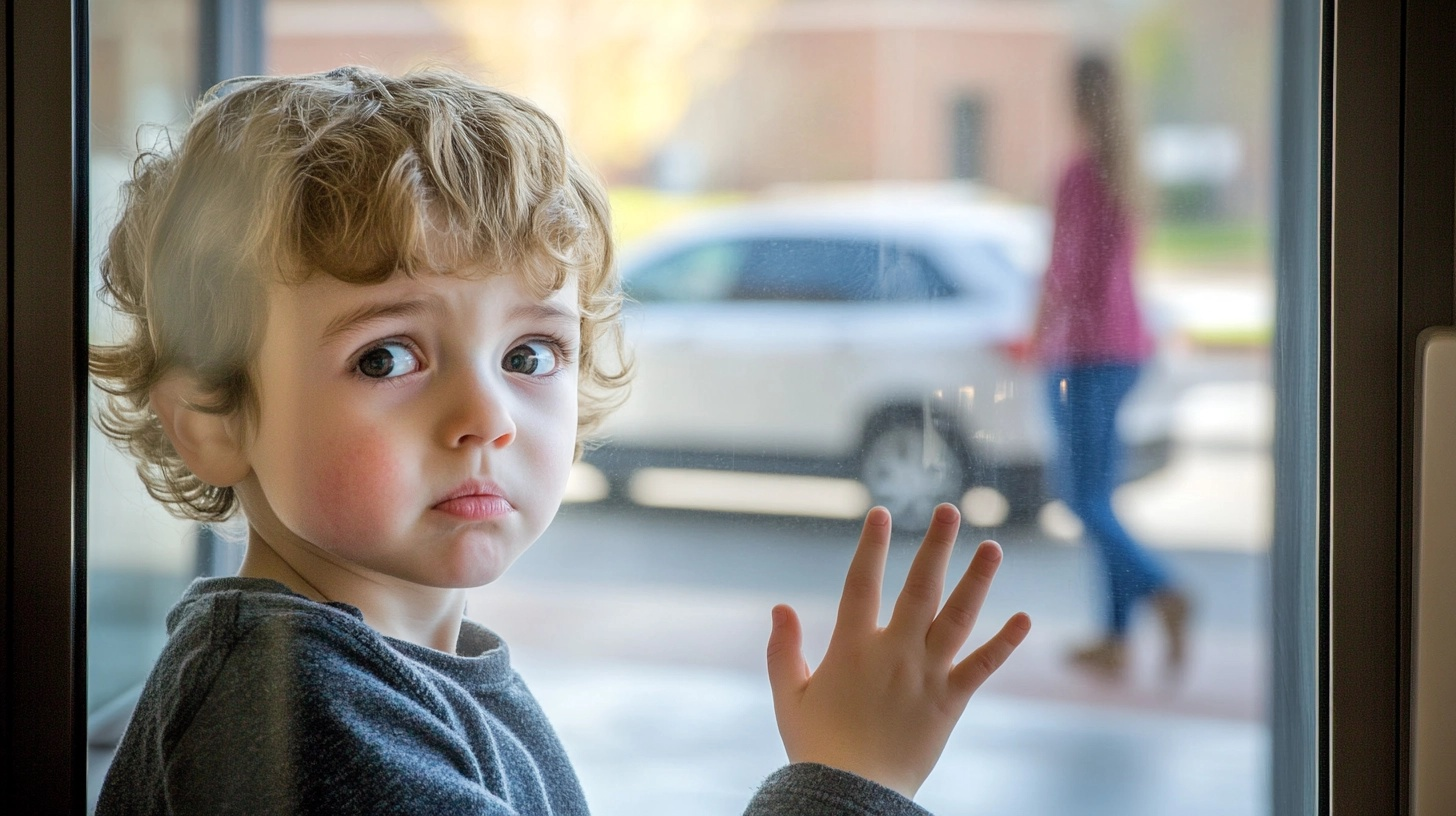
School bells ring, but some kids want to run back home.
The pull of family is strong, especially for younger children. This connection to home explains a major reason why do kids hate school – they simply miss their parents, siblings, and the comfort of familiar spaces.
- Many children struggle with being away from home during school hours, making it a key reason why do kids hate school.
- Young kids often form strong bonds with parents and siblings, making separation feel scary and uncomfortable.
- Some children worry about what might happen to their family while they’re gone.
- This anxiety can cause real physical symptoms like stomach aches, headaches, and feeling sick in the morning.
- These symptoms often disappear on weekends and holidays, only to return as school days approach.
- Children who are more sensitive by nature may feel this separation more strongly than others.
- Cultural factors also play a role – some families spend more time together, making separation more challenging.
- First-time school experiences, such as kindergarten or first grade, can be especially challenging, as children haven’t had prior practice being away.
Wrapping It Up
School can be tough for kids for many reasons – from feeling tired all day to facing bullies or missing home. Understanding why do kids hate school can help you find effective solutions.
Remember that each child’s experience is unique and individual. What causes one child to hate school might not affect another at all.
The good news? Small changes can make a big difference. Discuss your child’s specific struggles with them. Work with teachers to find solutions. Create morning routines that reduce stress.
Most importantly, listen to your child’s concerns without judgment. Their feelings about school are real and valid.

